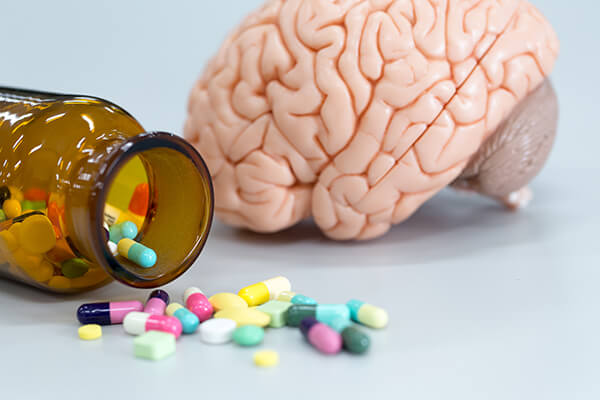Recently, the number of adult ADHD patients has noticeably increased. This condition, which affects attention and concentration, poses an even greater threat to modern individuals who frequently use smartphones. The rapid consumption of information on smartphones can diminish frontal lobe focus, while constant stimuli such as videos, notifications, and messages can exacerbate ADHD symptoms. Adult ADHD is not merely a habit; it can be linked to brain function issues, necessitating greater awareness.
Adult ADHD Awareness

Adult ADHD is difficult to diagnose, leading to many undiagnosed patients. Many individuals who excessively use smartphones already experience ADHD symptoms but do not recognize them as a mental disorder. If you cannot stop scrolling on your smartphone or frequently switching between apps, it’s worth considering that your smartphone might be masking these symptoms.
Many potential patients exist

The ambiguity in diagnosing ADHD suggests that many individuals remain undiagnosed. Many adults with ADHD symptoms overlook their condition, failing to recognize it as a mental health issue. Additionally, the presence of co-occurring disorders such as depression, obsessive-compulsive disorder, and sleep disorders often obscures the recognition of adult ADHD, leading to delayed awareness.
Impulsive consumption driven by smartphones

ADHD patients have difficulty controlling their impulses. Shopping on a smartphone or being exposed to stimulating information on social media can easily lead to impulsive purchases. This is also why they are susceptible to notifications such as “Buy now and get a discount.” Repeated unnecessary payments or spending without a spending plan should be viewed as signals of impulsiveness rather than simple habits.
Difficult to focus on work

Difficulty concentrating on work is a key symptom of adult ADHD. Smartphone interruptions exacerbate the issue. Each notification diverts attention, making it hard to start important tasks or causing procrastination. This leads to focusing only on minor tasks while avoiding larger responsibilities, indicating the connection between smartphone use and ADHD.
Many cases of restlessness

Adult ADHD not only makes it difficult to concentrate or control impulses but also hampers empathy and emotional regulation. These traits can lead to excessive stress and overreacting to minor issues, creating tension in interpersonal relationships, and causing recurring problems with close family members.
Gaps in memory created by smartphones

Frequently losing items or forgetting appointments are classic signs of ADHD. When individuals become overly reliant on smartphones, they stop remembering schedules or tasks themselves and increasingly depend on digital tools. Consequently, their working memory declines, and their ability to manage tasks diminishes. If you often make mistakes despite diligently using a note-taking app, it might be worth considering ADHD.
Shorter life expectancy

Research shows that adults diagnosed with ADHD have a significantly shorter life expectancy compared to the general population. Male patients can expect to live about seven years less, while female patients may live around nine years less. Although ADHD does not directly reduce life expectancy, individuals with this disorder are more likely to experience mental health issues, struggle with communication, have limited access to healthcare services, and maintain unhealthy lifestyles, all contributing to a relatively shorter life span.
Are there no treatment options?

When doctors use MRI to examine the brains of adults with ADHD, they often find abnormalities in the frontal lobe. These differences typically arise from genetic factors, making it challenging for individuals to correct the disorder through sheer willpower. Therefore, the foundation of treatment lies in medication. Taking medication activates the frontal lobe and related brain networks, and approximately 70% of patients respond positively to this treatment.
What to keep in mind when taking medication

Most ADHD medications can be safely taken alongside other drugs, but patients should avoid combining them with certain antidepressants. Taking both can lead to excessive effects or issues like high blood pressure. Additionally, many patients mistakenly self-diagnose or misinterpret medication information found through online searches, often distorting the facts. It’s crucial to remember that medication treatment should always occur under the guidance and consultation of a healthcare professional.
Society’s support and education are essential

Adult ADHD patients often find themselves in a support gap. Neither the government nor local authorities seem to be interested in their needs. In contrast, Japan recognizes ADHD as a disability, providing a “Mental Disability Certificate” to those who meet specific criteria, which helps them access vocational training and mandatory employment programs for people with disabilities. Since this disorder does not arise from an individual’s will, appropriate support, education, and attention from society are crucial.










Most Commented